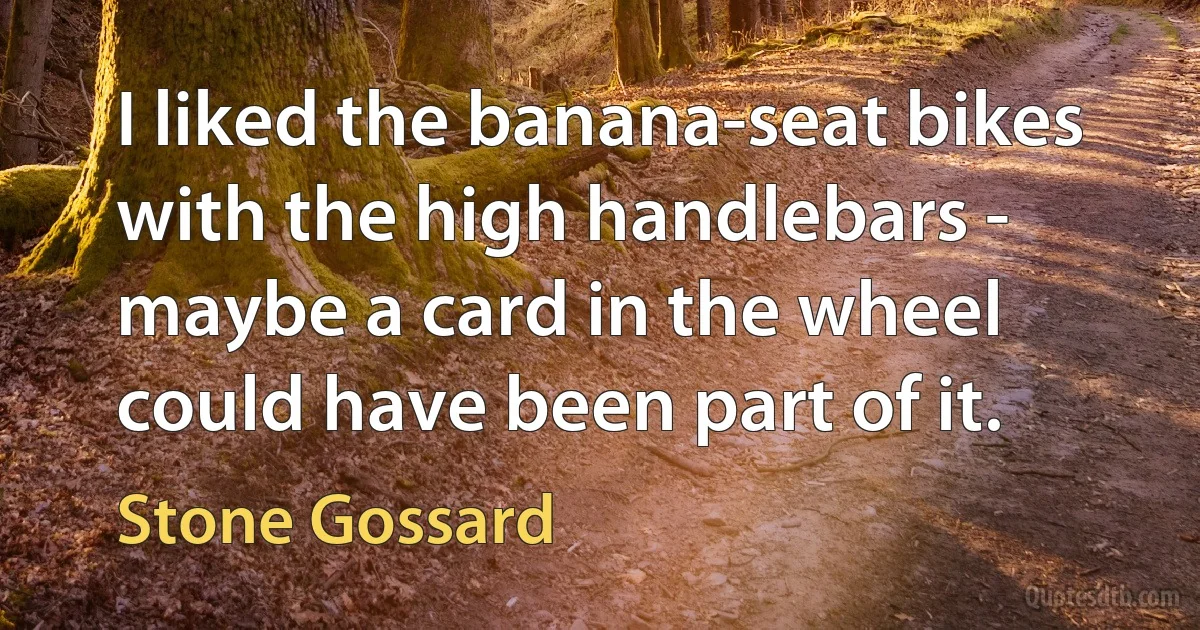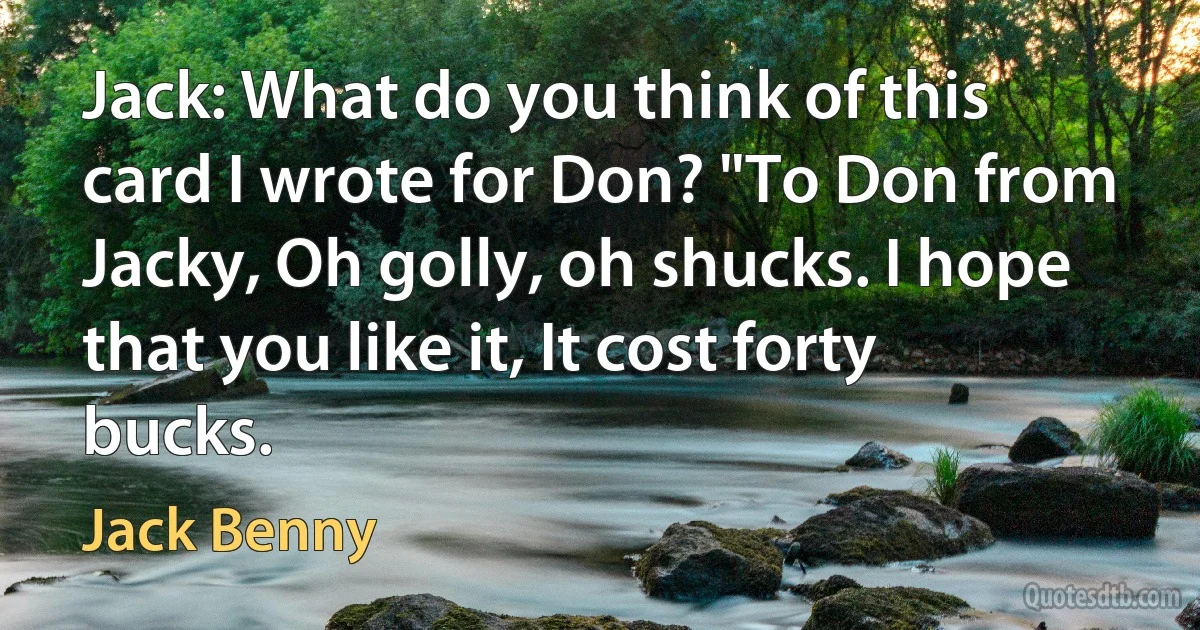Card Quotes - page 4
Last year, Congress passed a law that directs the Federal Reserve to set limits on debit card swipe fees that are reasonable and proportional to the cost of processing those transactions. Like most Americans, I had no idea that swipe fees charged to American businesses are the highest in the world.

Peter Welch
Stripe makes it easy for anyone, be it an individual or a small business or a large business, to accept credit card payments on the Internet. We want to give control to the user or the business to define what the experience looks like. We work on a website or a mobile app, or whatever between that.

Patrick Collison
He said that, uh, there is an allegation that you have won elections on a communal card. I said, there are so many media persons here, they are not noting, but now they've started. You see, this is the tragedy of the country. Because when I was talking about development, they were not ready to note even! Now do you understand why I love Cho?

Narendra Modi
Then I got Mary pregnant and man that was all she wrote.
And for my nineteenth birthday I got a union card and a wedding coat.
We went down to the courthouse and the judge put it all to rest.
No wedding day smiles no walk down the aisle,
No flowers no wedding dress.That night we went down to the river.
And into the river we'd dive.
Oh down to the river we did ride.

Bruce Springsteen
The start of work means the end to freedom, but also to doubt, intensity and wayward desires. The accountant's ten thousand possibilities have been reduced to an agreeable handful. She has a business card which she hands over in meetings and which tells other people-and, more meaningfully perhaps, reminds her-that she is a Business Unit Senior manager, rather than a vaporous transient consciousness in an incidental universe. How satisfying it is to be held in check by the assumptions of colleagues, instead of being forced to contemplate, in the loneliness of the early hours, all that one might have been and now never will be. ... Life is no longer mysterious, sad, haunting, touching, confusing or melancholy; it is a practical stage for clear-eyed action.

Alain de Botton
No country has a perfect report card. While some countries have strong points in specific areas, they may have serious lacunae in other areas. For instance, some countries have made enormous progress on civil and political rights, but lag in the implementation of economic, social and cultural rights.

Alfred de Zayas
Harry Dresden: There was a sound of impact, a raspy, dry scream, and the vampire went down hard. It lay on the ground like a butterfly pinned to a card, arms and legs thrashing uselessly. Its chest and collarbone had been crushed. By an entire frozen turkey. A twenty-pounder. The plucked bird must have fallen from an airplane overhead, doubtlessly manipulated by the curse. By the time it got to the ground, the turkey had already reached its terminal velocity, and was still hard as a brick. The drumsticks poked up above the vampire's crushed chest, their ends wrapped in red tinfoil. The vampire gasped and writhed a little more. The timer popped out of the turkey. Everyone stopped to blink at that for a second. I mean, come on. Impaled by a guided frozen turkey missile. Even by the standards of the quasi-immortal creatures of the night, that ain't something you see twice. "For my next trick," I panted into the startled silence, "anvils."

Jim Butcher
It must have been in his teens, perhaps rather early, that he and his elder brother John, with William Bell (afterwards of Wylie Hill, and a noted drover) and his brother, all met in the kiln at Eelief to play cards. The corn was dried then at home. There was a fire, therefore, aud perhaps it was both heat and light. The boys had played, perhaps, often enough for trifling stakes, and always parted in good humor. One night they came to some disagreement. My father spoke out what was in him about the folly, the sinfulness, of quarreling over a perhaps sinful amusement. The earnest mind persuaded other minds. They threw the cards into the fire, and (I think the younger Bell told my brother James) no one of the four ever touched a card again through life. My father certainly never hinted at such a game since I knew him. I cannot remember that I, at that age, had any such force of belief. Which of us can?

Thomas Carlyle



